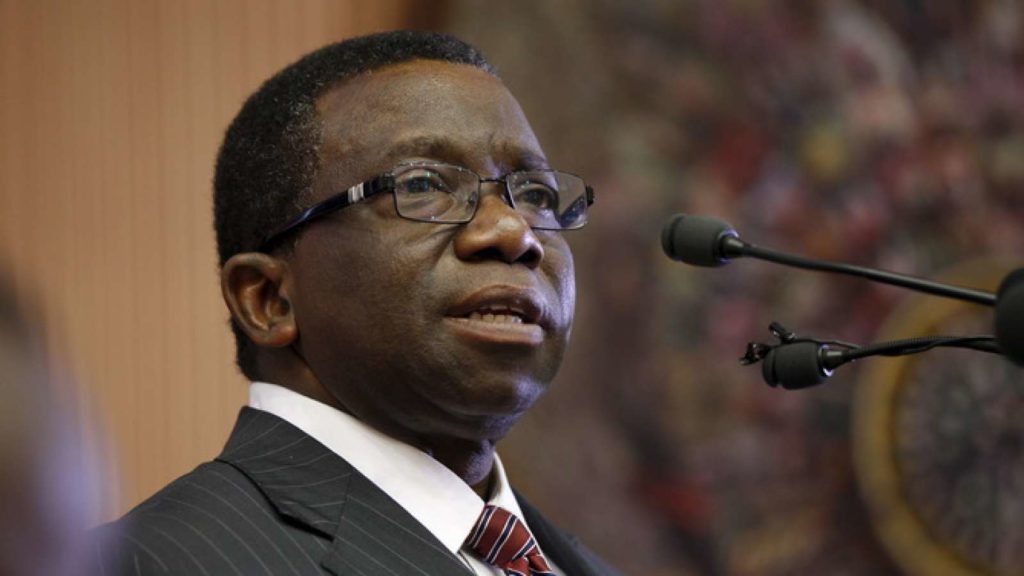WHO has announced 30 small grants for implementation researches on diseases of poverty. Ebonyi is getting most of them.
Nigeria is getting more than twice the number of grants announced by the WHO for implementation research on infectious diseases of poverty.
The World Health Organization’s Special Programme for Research and Training in Tropical Diseases (TDR) with the European & Developing Countries Clinical Trials Partnership (EDCTP) and the WHO Regional Office for Africa (AFRO) have announced 30 small grant awards to scientists from across Africa for implementation research on infectious diseases of poverty.
Nigeria is topping the location of the award with 8 out of the total of 30.
In a statement, TDR said scientists will collaborate with national disease programmes in 15 countries to examine how to more effectively deliver health interventions to prevent, diagnose and treat a range of diseases.
TDR’s Manager of Partnerships and Governance Garry Aslanyan said: “This was a great opportunity for TDR to partner with EDCTP and bring implementation research to the forefront in Africa. I am particularly pleased to see the equal gender balance of successful applicants, which is a TDR objective.”
“This joint funding initiative was a natural fit for us,” says Ole Olesen of EDCTP. “Testing out strategies to better identify and manage these illnesses, and involving the community to ensure that the right health technologies are delivered to the people who need them most is our mission.”
The Ebonyi effect
A closer look at the list of award recipients showed most of the awards coming to Nigeria will be for researches that will be carried out in Ebonyi state. Out of a total of 4 Nigerian states, Ebonyi attracted 5 out of the 8 awards for Nigeria
The Nigerian researchers are working on Improving TB Case Finding Using Community Involvement to Increase Uptake of Services; Communal Sustainability for the Administration of Medicines for Schistosomiasis and Soil Transmitted Helminthiasis Control; Community-Directed Implementation of Intermittent Preventive Therapy for Malaria in Pregnancy and Implementation of Community Participatory Monitoring & Evaluation of Insecticide Treated Net Interventions.
Other topics are: Effect of M-Health Technology on Knowledge and Adherence to Isoniazid Preventive Therapy in HIV Clinics; Implementation of Inclusive Community Action in the Diagnosis and Treatment of Malaria in Pregnancy and Childhood; Generating Political Commitment for Onchocerciasis Control in Endemic Local Government Areas; and Effect of Training Community Members in the Detection and Referral of Buruli Ulcer Cases to Hospital.
The full list of awardees is available here.
